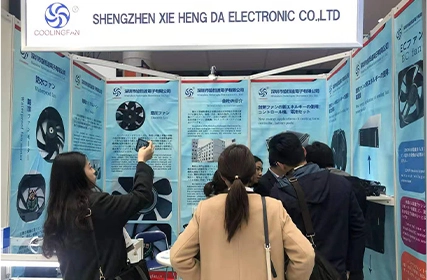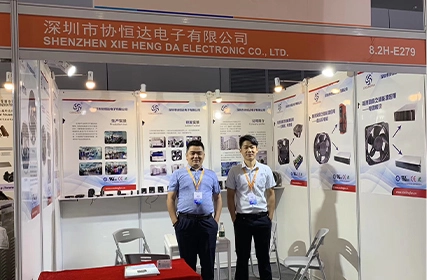DC blower fans play a crucial role in various industries, including electronics, HVAC systems, and more. As the demand for these fans continues to rise, it is essential for manufacturers to prioritize environmental sustainability. This article explores the different aspects of environmental sustainability in DC blower fan manufacturing, including material selection, energy-efficient manufacturing processes, lifecycle considerations, and certifications and standards.
DC Blower Fan's Material Selection: Navigating the Path to Eco-Friendly Components
Choosing the right materials for DC blower fans is an essential step in achieving environmental sustainability. Manufacturers are increasingly opting for eco-friendly materials with low carbon footprints, such as recycled plastics, biodegradable materials, and non-toxic coatings. These materials not only reduce waste but also minimize the environmental impact during the manufacturing process. For example, the use of recycled plastics helps to conserve resources and reduce landfill waste.
Energy-Efficient Manufacturing Processes of DC Blower Fan
Energy-efficient manufacturing processes are fundamental in minimizing the environmental impact associated with DC blower fan production. Manufacturers are adopting advanced technologies, such as automated systems and energy management software, to optimize energy usage during the manufacturing process. Energy-efficient machinery and equipment are also being utilized, reducing energy consumption and greenhouse gas emissions. By implementing these practices, manufacturers can reduce their carbon footprint and promote sustainable manufacturing.
DC Blower Fan's Lifecycle Considerations
Considering the lifecycle of a DC blower fan is crucial to ensure its environmental sustainability. Manufacturers are now designing products that are durable and long-lasting, reducing the need for frequent replacements. Additionally, the adoption of modular designs allows for easy repair and part replacement, extending the lifespan of the fan. This approach significantly reduces waste and conserves resources. End-of-life considerations should also be emphasized, with manufacturers implementing proper recycling and disposal techniques for their products.
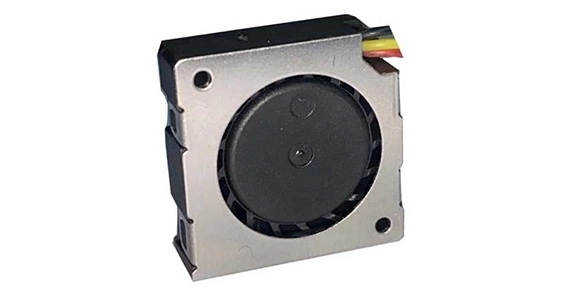
DC Blower Fan: Certifications and Standards
To ensure environmental sustainability, it is vital for axial cooling fan to meet industry certifications and standards. Certifications such as RoHS (Restriction of Hazardous Substances) and WEEE (Waste Electrical and Electronic Equipment) ensure that these products do not contain hazardous substances and can be recycled properly. Compliance with these certifications not only protects the environment but also ensures the safety of consumers. Adhering to these standards demonstrates a commitment to sustainability and responsibility in the manufacturing process.
As the demand for DC blower fans continues to rise, manufacturers must prioritize environmental sustainability. By focusing on material selection, energy-efficient manufacturing processes, lifecycle considerations, and adhering to certifications and standards, manufacturers can reduce their environmental footprint while still meeting the needs of their customers. Xie Heng Da, a leading brand in the industry, recognizes the importance of sustainability and is committed to producing eco-friendly DC blower fans. By embracing these practices, the industry can work towards a greener and more sustainable future.
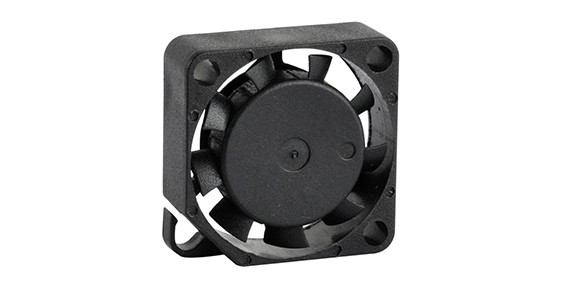

 EN
EN 

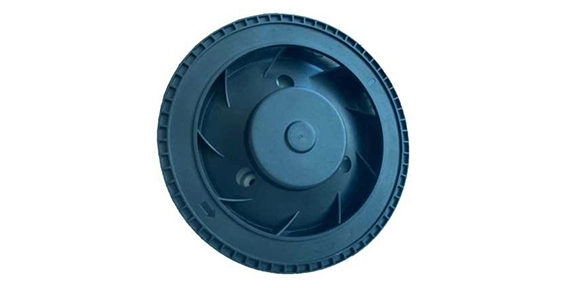 +
+
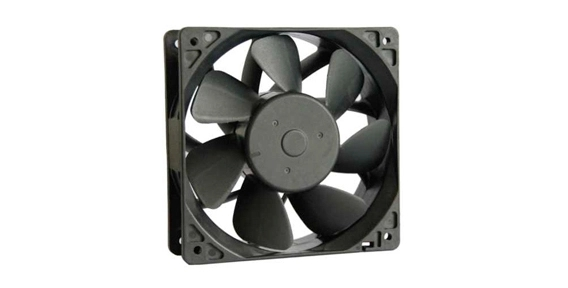 +
+
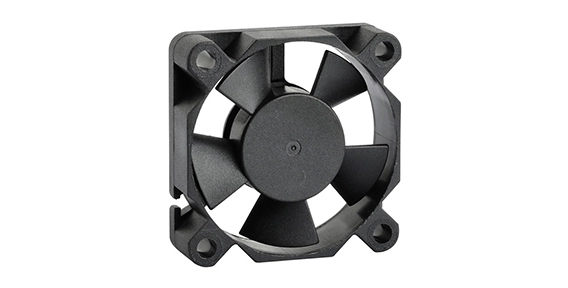 +
+
